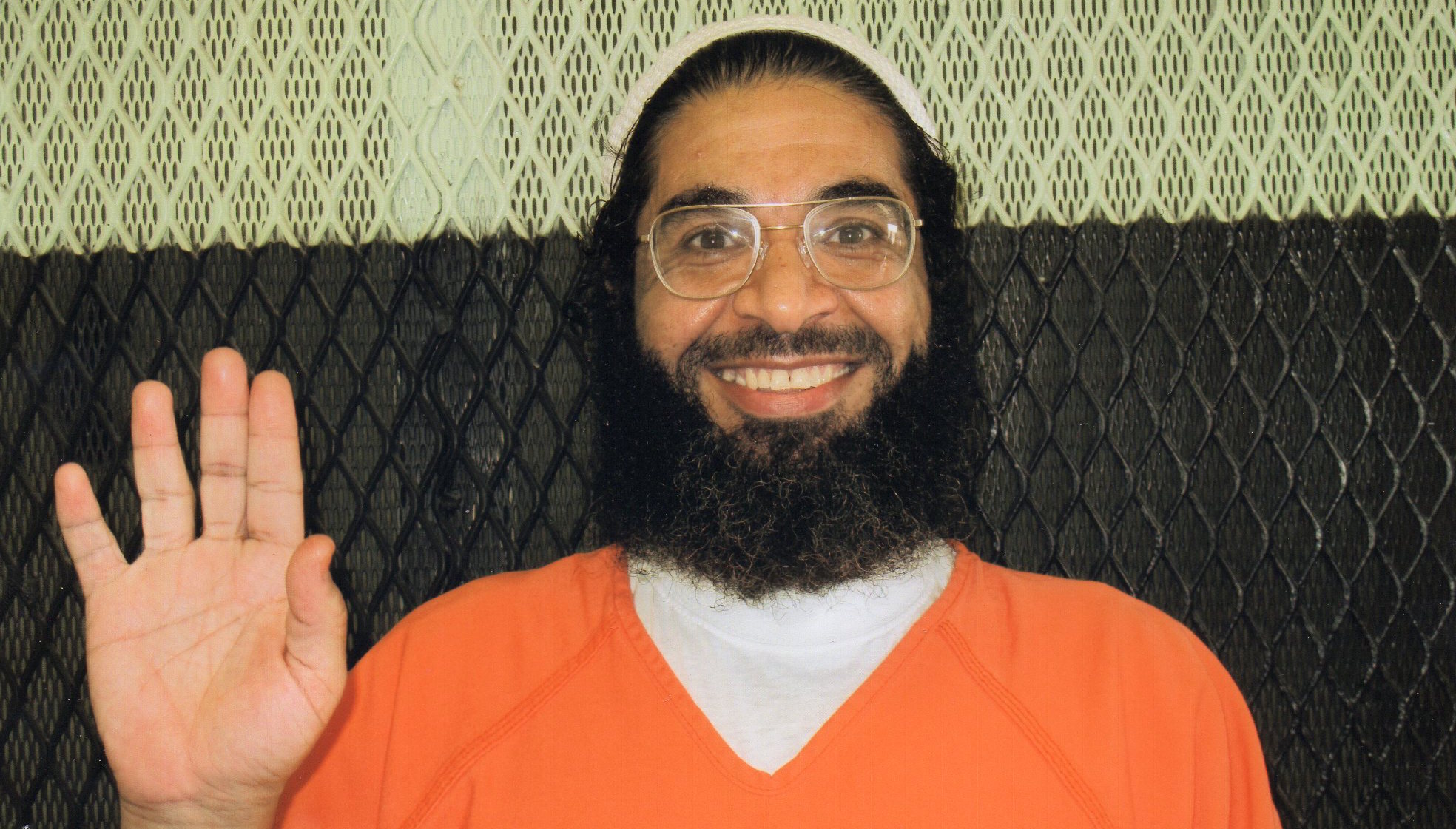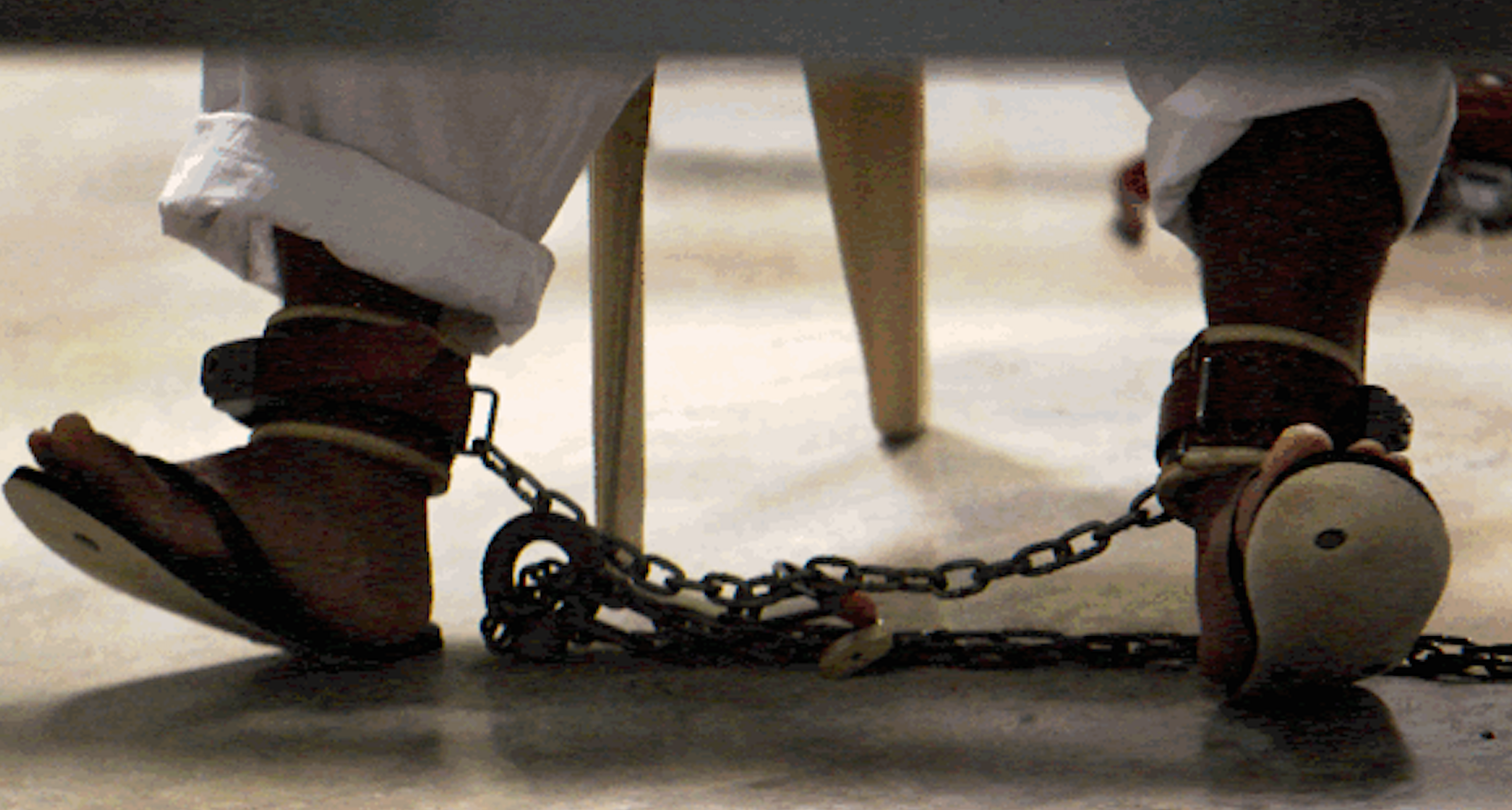
As of January 30th, 2016, Guantanamo will be open under President Obama longer than it was open under President Bush. Here is one detainee’s story—and he is not alone:
“When I used to go for interrogations, I was unable to walk because of the restraints on my legs and tightness on my feet. I would fall down to the ground and scream that I cannot walk. They would pick me up from the ground and I would walk with them while they are hitting me on the way to the interrogation until I would bleed from my feet. When I would fall to the ground, they would drag me while I am on the ground. … Sometimes they would put a weapon on my head threatening to kill me….”
This is how Guantánamo detainee Toffiq al-Bihani described the treatment he suffered at the hands of the CIA before coming to Guantánamo. Starting in early 2002 the U.S. government detained and interrogated Toffiq for about a year. After being subjected to the infamous CIA torture program, he was transferred to Guantánamo in early 2003. That’s where he remains to this day.
As of January 30, 2016, the detention camp has been open under President Obama longer than it was open under President Bush. Despite multiple promises to close Guantánamo, President Obama oversees the continued detention of 91 individuals including Toffiq. SEE THE REST OF THIS POST

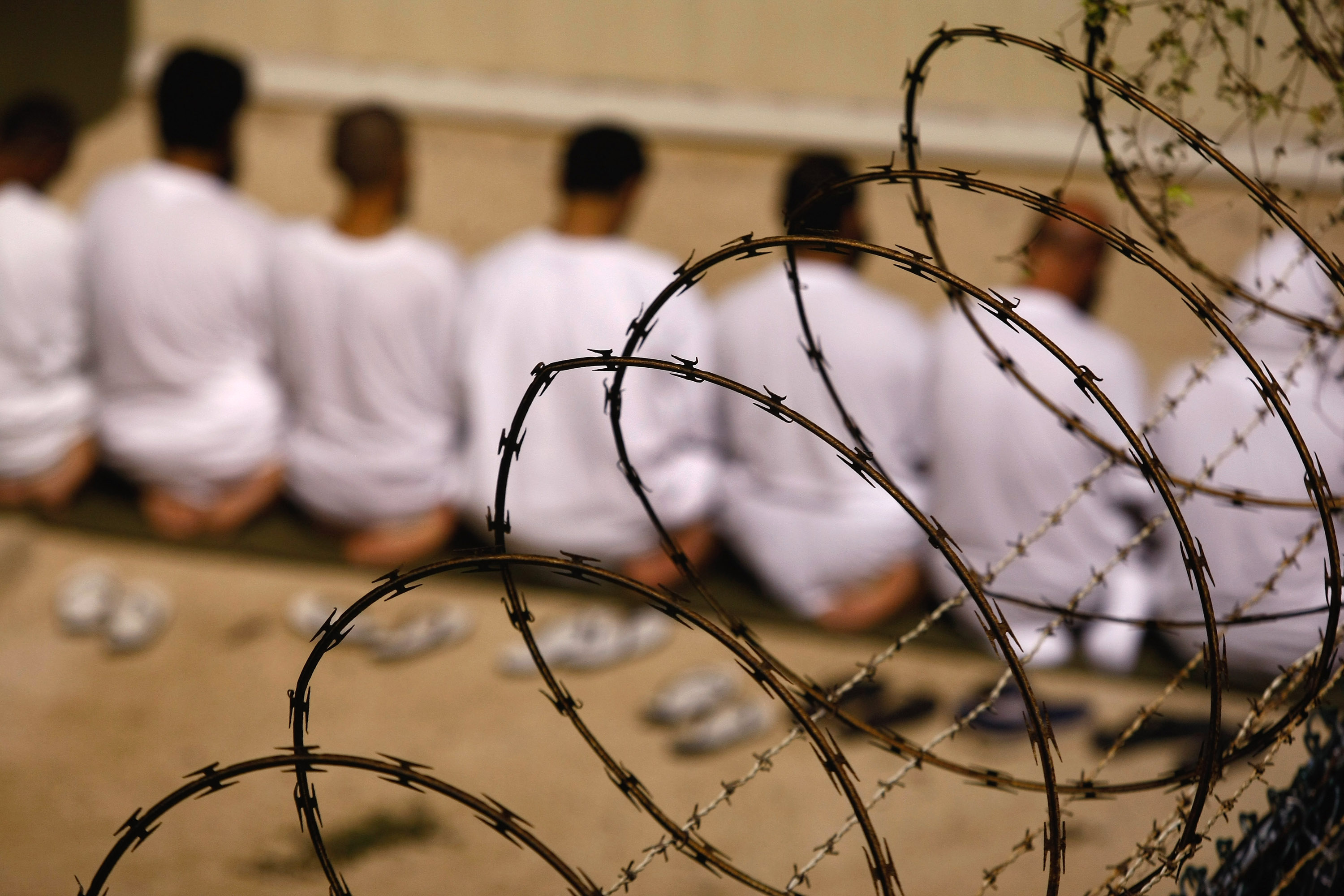


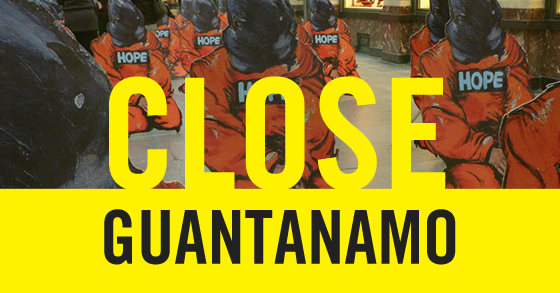
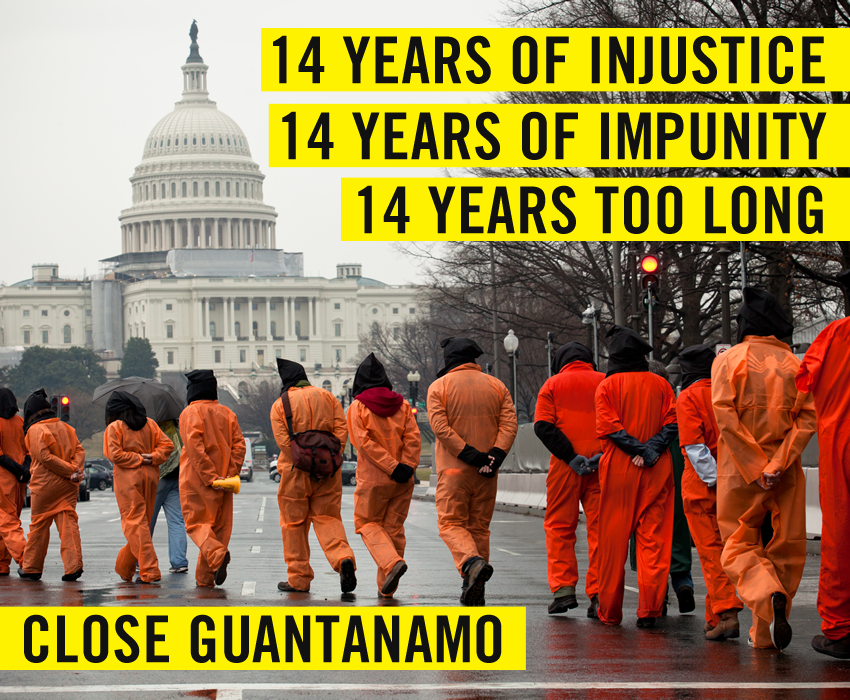
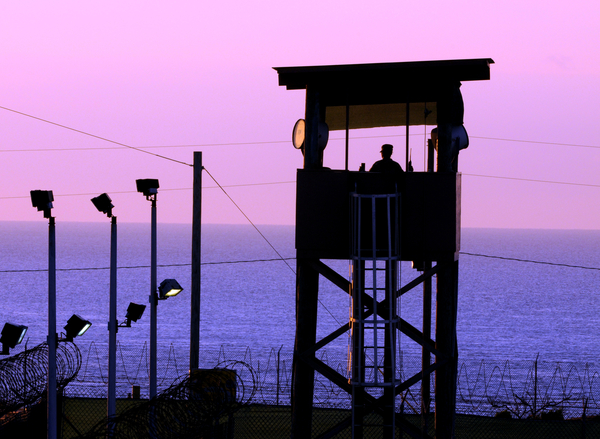
 It is concerning, though unsurprising, that some U.S. lawmakers’ and politicians’ initial reactions to the horrific attacks in Paris earlier this month were to respond to one set of human rights abuses by threatening another.
It is concerning, though unsurprising, that some U.S. lawmakers’ and politicians’ initial reactions to the horrific attacks in Paris earlier this month were to respond to one set of human rights abuses by threatening another.
